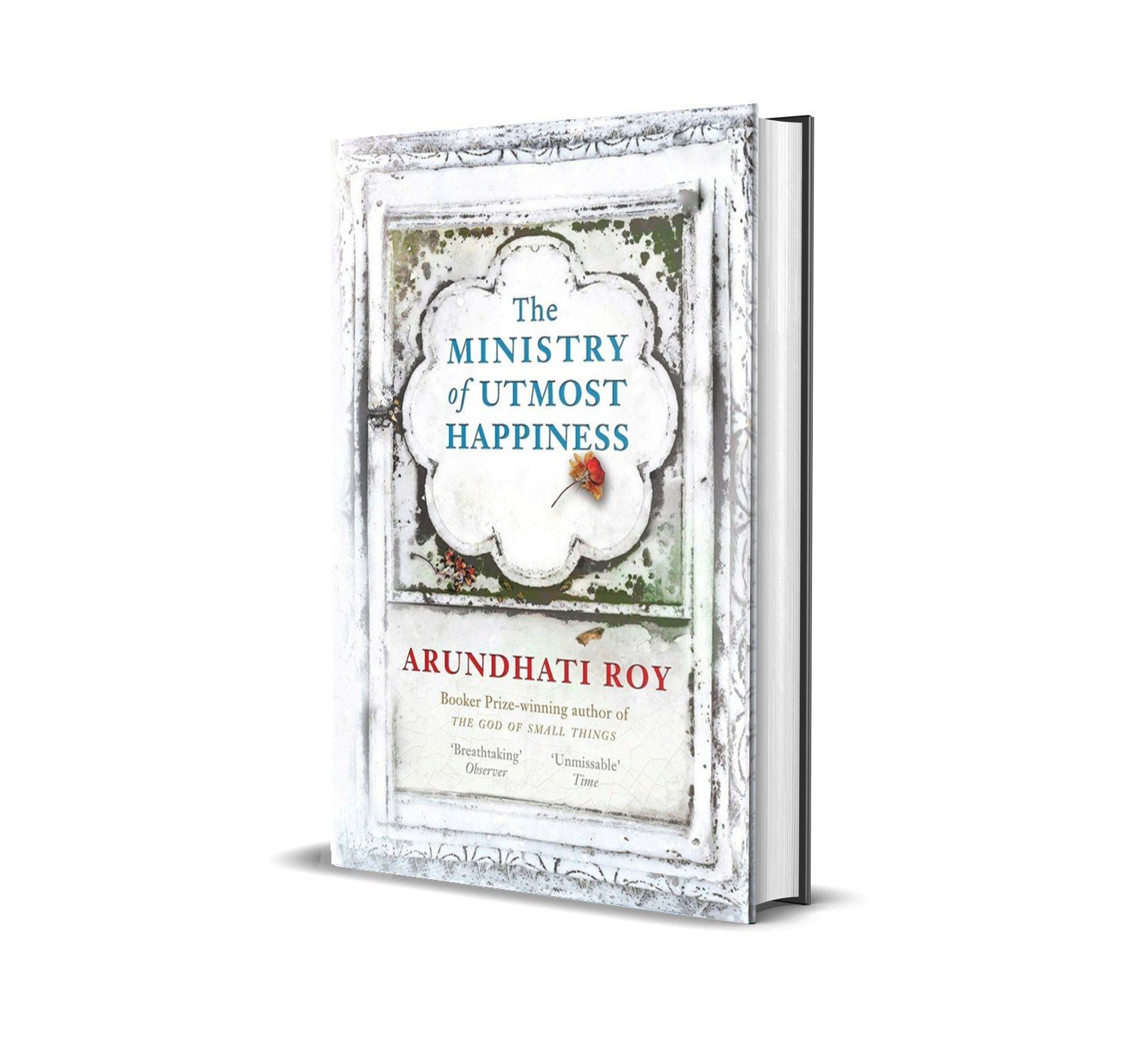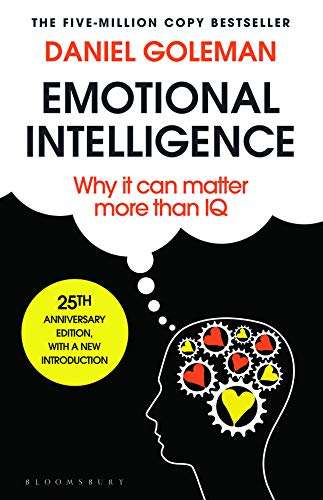Description
The Ministry of Utmost Happiness
“The Ministry of Utmost Happiness” is a novel written by Arundhati Roy, published in 2017. It is Roy’s second novel, following her acclaimed debut “The God of Small Things,” which won the Man Booker Prize in 1997.
Set in contemporary India, “The Ministry of Utmost Happiness” is a sprawling and ambitious narrative that weaves together the lives of various characters from diverse backgrounds, each grappling with their own struggles and desires. At the heart of the novel is Anjum, a transgender woman who finds solace and community in a makeshift graveyard in Delhi, where she establishes her own sanctuary for outcasts and misfits.
As the story unfolds, readers are introduced to a rich tapestry of characters, including Tilo, a woman with a mysterious past who becomes entangled in the tumultuous politics of Kashmir; Musa, a young Kashmiri man caught up in the violence and upheaval of the region; and a host of other individuals whose lives intersect in unexpected and profound ways.
Through her lyrical prose and keen observations, Roy explores themes of identity, belonging, love, and loss against the backdrop of India’s complex social and political landscape. The novel tackles issues such as religious intolerance, political corruption, environmental degradation, and the ongoing conflict in Kashmir with nuance and empathy, offering a searing critique of contemporary society while also celebrating the resilience and humanity of its characters.
“The Ministry of Utmost Happiness” is a sweeping and ambitious novel that defies easy categorization. It is both a sprawling epic and an intimate portrait of the human condition, a work of fiction that is as politically engaged as it is emotionally resonant. With its vivid imagery, lush prose, and unforgettable characters, it is a powerful testament to the enduring power of storytelling and the capacity of literature to illuminate the complexities of the world we live in.












Reviews
There are no reviews yet.